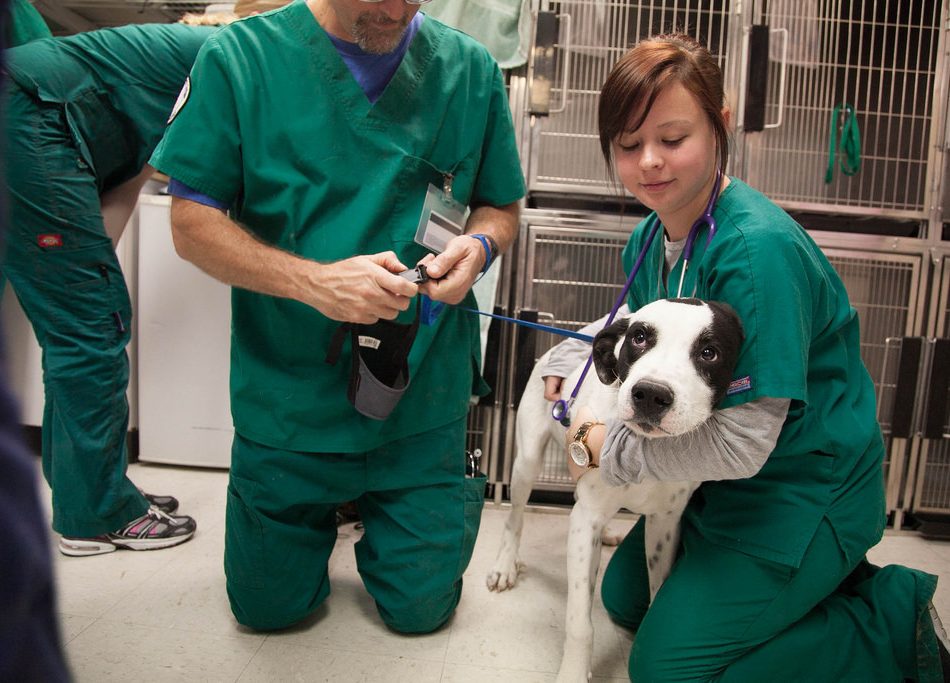inding a veterinarian who is the right fit for you and your pet is like picking the right paediatrician for your child. From making sure they’ll answer all of your questions, to demonstrating that they really know their stuff, this medical professional needs to tick off every box on your checklist. But like paediatricians, not all vets are created equal, so we've put together our own list of things to look for when vetting your vet.
Get references
A good place to start when looking for a vet is getting recommendations from your pet-owning friends and family. If you trust your friend, there’s a good chance you’ll trust their vet too. If you adopted your pet from a local shelter or through a local breeder, it may also be a good idea to hear who they recommend. Talk to your pet insurer to see if they can recommend a specific vet.

"Mum, I'm fine. You're embarrassing me."
Check to see if they’re registered
Possibly the most important thing to do is make sure that any vets you look into are registered with the Royal College of Veterinary Surgeons, RCVS for short. Any ‘vet’ who is not registered with the RCVS is not legally allowed to practice veterinary medicine in the UK. The easiest way to check for this is to see if they have MRCVS or FRCVS after their name.
Ask for a tour
While you never want the vet’s office to be your pet’s home away from home, it’s good to be sure it’s an environment you think your pet will be happy in. Asking for a tour of the facilities is something your vet should be happy to do, as long as they aren’t dealing with an emergency.
Distance and hours
A vet could tick off every box on your checklist, but if they close before you get home from work or they are a 45 minute ride away with no traffic, they may not be the best fit for you. It goes without saying (but we’ll say it anyway) that being able to easily see your vet is key.

The look that means, "I know we're going to the vet when you spell out the letters. I'm a cat, not a dog."
Bedside manners
Knowing that you and your pet are in good hands will help you sleep easier at night. Both your vet and clinic staff should be sympathetic to you and your pets’ needs. This includes not using excessive force on your pets and being transparent with you when it comes to understanding what is going on. A good way to feel for the right fit is to bring your pet to the clinic just to introduce him or her to the environment.
The Logistics
Last but definitely not least, you have to evaluate the logistics of different clinics as well as your pet’s specific needs. First thing to make sure of is if they will accept your pet insurance, so talk to your pet insurance provider first. You should also look at the price of vets; this can be based on location, special services provided and access to specialists and equipment. If your pet has any specific needs or a pre-existing condition you should check to guarantee that they can provide you with the best treatment possible and have access to specialist vets.








